Contents
Guide
Page List
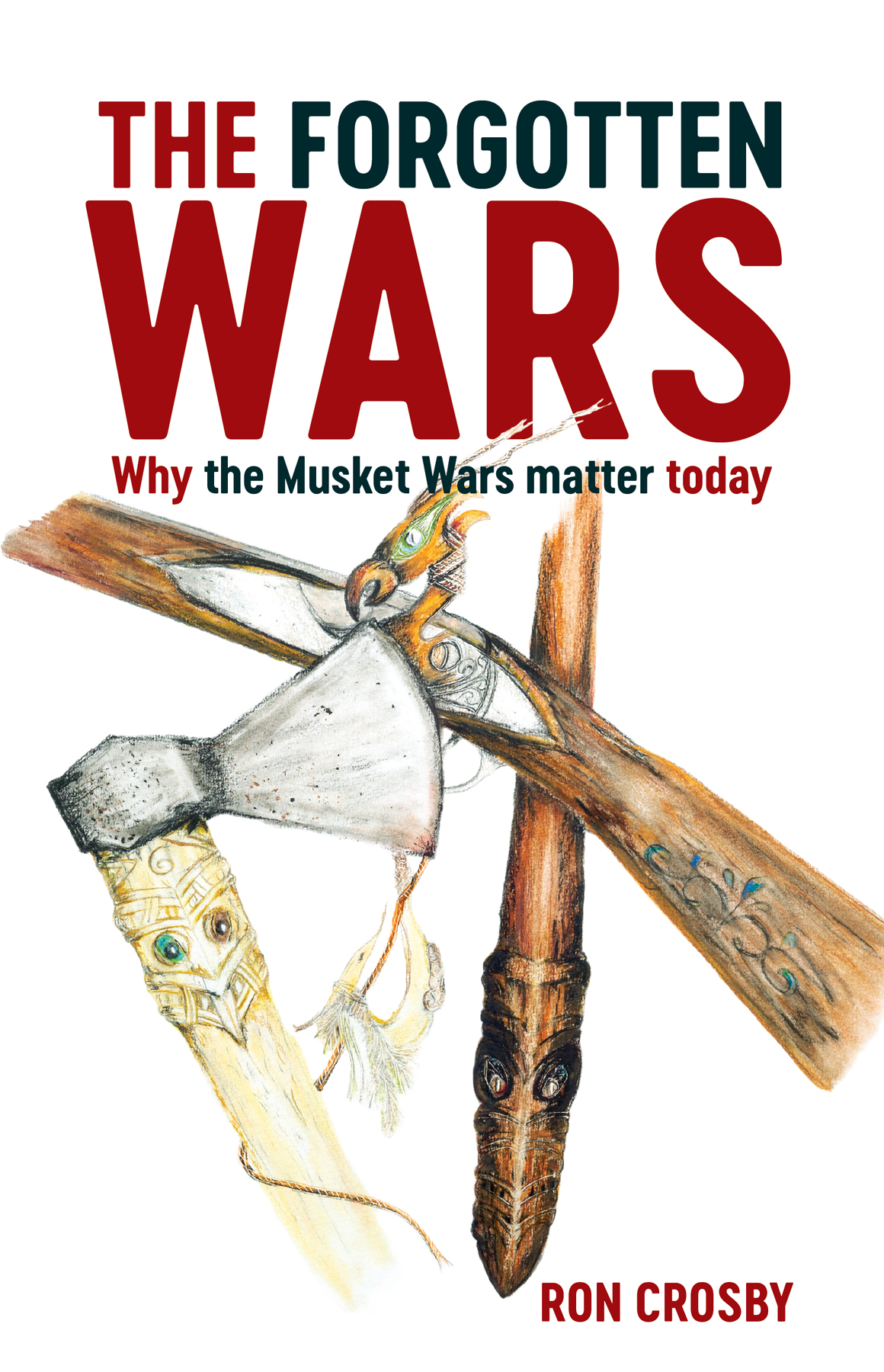




Front cover Mtika, Nannette MacKenzie
Back cover PUBL-0034-2-355, Sainson, Louis Auguste de, 1800, b. 1800: Flotte de guerre a la Nouvelle Zelande, Nargeon sc. [Paris, 1839]. Alexander Turnbull Library, Wellington, NZ
Published by Oratia Books, Oratia Media Ltd, 783 West Coast Road, Oratia, Auckland 0604, New Zealand (www.oratia.co.nz).
Copyright 2020 Ron Crosby
Copyright 2020 Oratia Books (published work)
The copyright holders assert their moral rights in the work.
This book is copyright. Except for the purposes of fair reviewing, no part of this publication may be reproduced or transmitted in any form or by any means, whether electronic, digital or mechanical, including photocopying, recording, any digital or computerised format, or any information storage and retrieval system, including by any means via the Internet, without permission in writing from the publisher. Infringers of copyright render themselves liable to prosecution.
ISBN 978-0-947506-79-7
Ebook ISBN 978-0-947506-83-4
First published 2020
Editor: Susan Brierley
Designer: Sarah Elworthy

The publisher acknowledges the generous support of Creative New Zealand for this publication.
Printed in China
CONTENTS
I n 1999, when I decided to write The Musket Wars as a history of inter-iwi conflict, one of the most challenging decisions was how to approach such a complex subject. The history could not be written neatly from the point of view of particular iwi, as most taua involved a combination of iwi or hap, and similarly, each would commonly be engaged against a number of different iwi or hap. Increasing the complexity of the situation, and the relationships between iwi, was the fact that as time passed it was common for alliances to change.
Nor could the history be written easily on a regional basis, as many taua traversed huge distances; further, repeated or reciprocal attacks might take place in different areas than the original raids. The most logical choice, then, was to endeavour to create a chronological record, moving between iwi and regions as events unfolded.
However, many readers in the general community, and particularly those with Mori whakapapa, have observed that it was too long and complex. A common concern was that they really only wanted to know about what had happened to their iwi or hap, or in their region. Yet to gain that understanding they found themselves having to read the whole book.
Two aims, therefore, have led to the writing of this new book:
 First, a desire to respond to these concerns by presenting a more concise and accessible history of the Musket Wars era, while adopting a fresh thematic approach of cause, effect and response to the impacts of the era that more clearly explains the effects of the musket on specific iwi, hap and regions, and their respective responses to those effects.
First, a desire to respond to these concerns by presenting a more concise and accessible history of the Musket Wars era, while adopting a fresh thematic approach of cause, effect and response to the impacts of the era that more clearly explains the effects of the musket on specific iwi, hap and regions, and their respective responses to those effects.
 Second, to endeavour to provide answers to questions about the significance of the Musket Wars era, not only to the history of Aotearoa (New Zealand), but also in terms of modern inter-iwi and inter-hap relationships.
Second, to endeavour to provide answers to questions about the significance of the Musket Wars era, not only to the history of Aotearoa (New Zealand), but also in terms of modern inter-iwi and inter-hap relationships.
The latter point is particularly relevant at this time in our history, with the need for both Mori and Pkeh to understand the reasoning behind, and the implications of, such issues as the Treaty settlement process and ongoing customary rights. It is also fitting that the publication of this book coincides with the long-overdue introduction of a New Zealand history syllabus in our schools. It is to be hoped that the era of the Musket Wars receives recognition in its own right as a crucially important aspect of the history of Mori relationships and not as some perceived minor aspect of initial contacts with Europeans. Mori deserve to have their history taught as an important subject in its own right.
At the same time, I hope to answer questions that will inevitably be taxing the minds of younger readers in particular, as they grapple with being educated in their own nations history at last. A crucial aspect for anyone struggling, or keen, to gain greater knowledge of the history of their iwi, hap or region, is understanding the history that underlies contemporary relationships between iwi and hap. This is not only vital to those who identify with a particular district or region; it is essential to anyone who is endeavouring to gain greater knowledge of our collective history.
For readers who would like additional information, the earlier book, The Musket Wars: A History of Inter-iwi Conflict 18061845 , contains more detail, and includes a chronology, list of protagonists, appendices covering firearms of the era as well as logistics and tactics, a full bibliography and, in later editions, recommendations for further reading.
A NOTE ON THE USE OF TE REO
In general, Mori place names are used in the text, with their English-language equivalents provided when they are first encountered in each chapter. Similarly, translations of general terms in te reo are provided the first time they are used; in addition, there is a glossary on . Macrons are used where they are commonly seen in current parlance, and where known for place names and iwi names, but not for the names of individuals.
As in any language, there are regional variations in both the meaning and the spelling of some terms in te reo. One notable example that occurs in this book is the name of the iwi that is known variously as Ngi Tahu and Ki Tahu. In the 1996 Act of Parliament that established the statutory entity Te Runanga o Ngai Tahu (now well-known as TRONT) Ngai Tahu was used, with no tohut (macron). By 1998, the statutory entity was being referred to as Te Rnanga o Ki Tahu. Currently, the spelling that is used on the iwis website is generally Ngi Tahu, although Ki Tahu sometimes appears. On marae, and in more recent writing by Ki Tahu people such as Hana ORegan, who are seeking to re-establish their own original language style, the form Ki Tahu is commonly used. While it seems, then, that both forms are acceptable today, at the time of the events described in this book the usage would undoubtedly have been Ki Tahu. Respecting that fact, that is the form that has been used here.
M ost books I have written have required so much intensive research, travel, accommodation, advice and assistance, whether physical or intellectual, that they have entailed a lengthy list of acknowledgements. This book is refreshing in that regard as I really only need to acknowledge a few individuals and groups, who have provided encouragement and support in a variety of important ways.
The first of these acknowledgements is very general. It is to readers who have made the constructive criticism that they would have preferred either a simpler book, or one in which it was easier to gain an appreciation of the effects of the Musket Wars era in relation to particular iwi, hap, districts or regions.

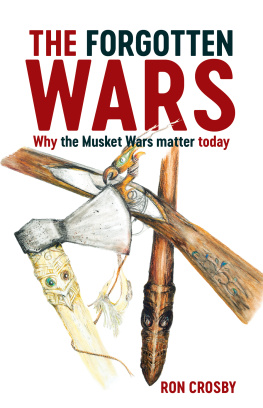

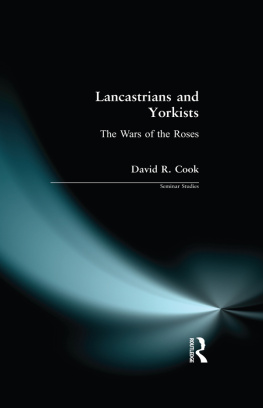
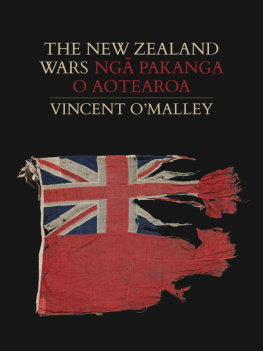
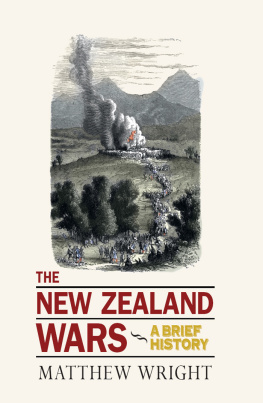

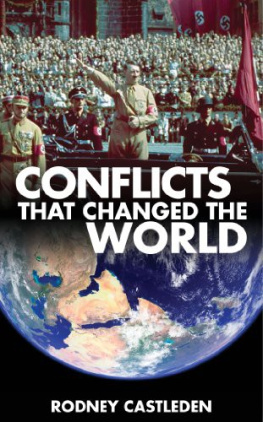
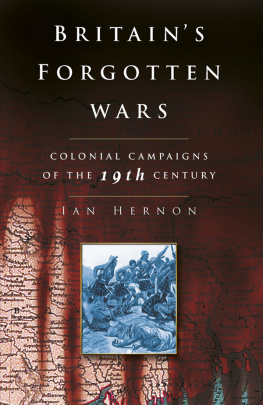
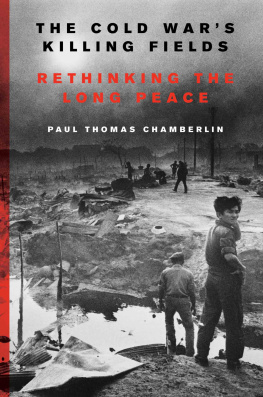
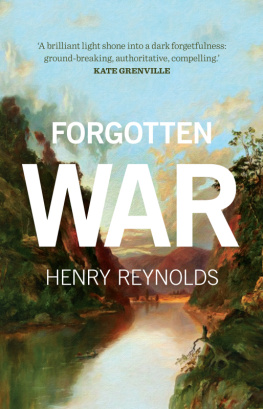
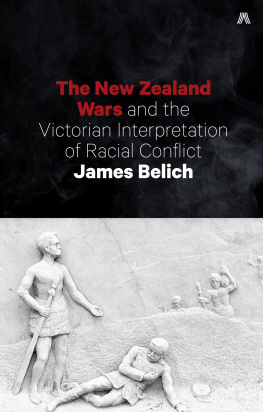






 First, a desire to respond to these concerns by presenting a more concise and accessible history of the Musket Wars era, while adopting a fresh thematic approach of cause, effect and response to the impacts of the era that more clearly explains the effects of the musket on specific iwi, hap and regions, and their respective responses to those effects.
First, a desire to respond to these concerns by presenting a more concise and accessible history of the Musket Wars era, while adopting a fresh thematic approach of cause, effect and response to the impacts of the era that more clearly explains the effects of the musket on specific iwi, hap and regions, and their respective responses to those effects.